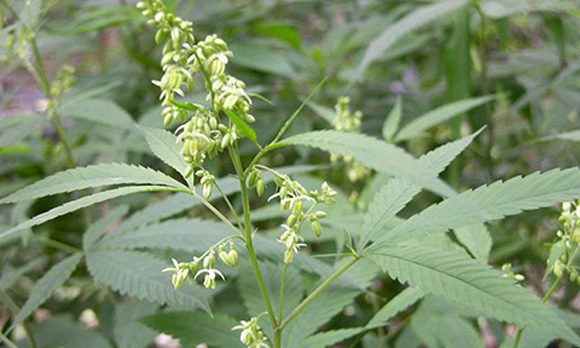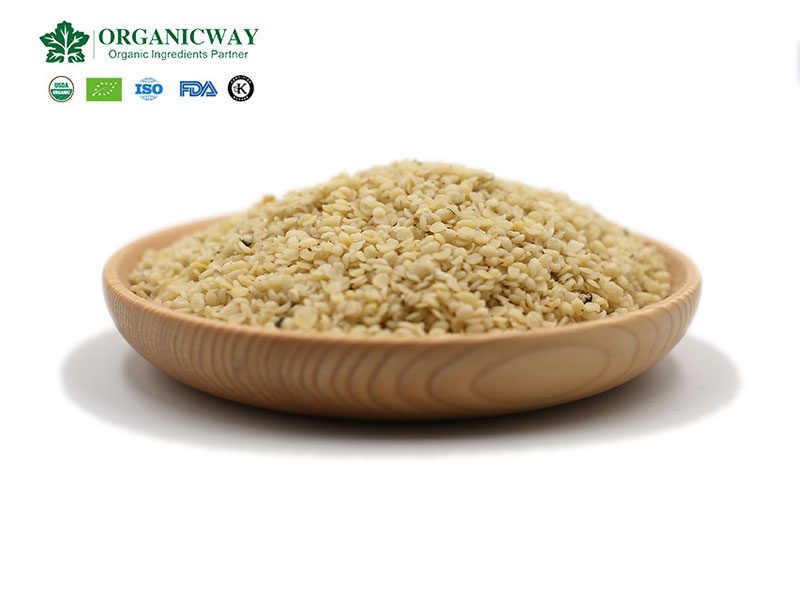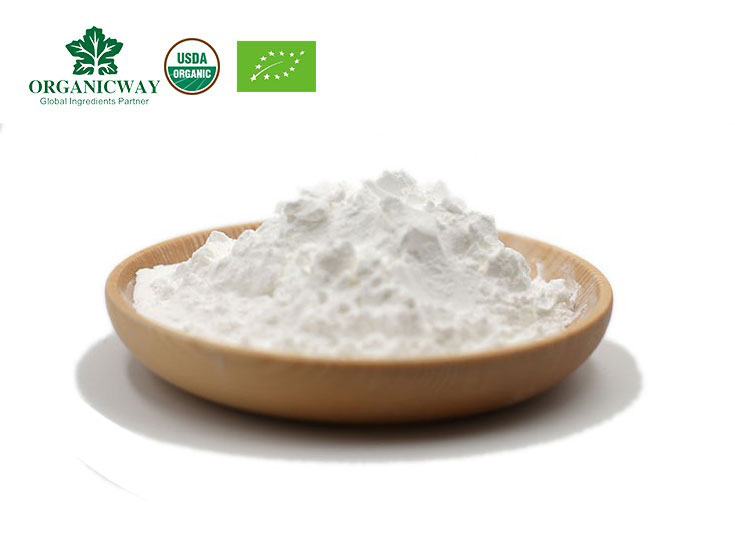The cultivation history of hemp can be traced back to 10,000 years ago. Historical data show that hemp is a precious and ancient plant and one of the earliest plants planted by humans. For a long time, hemp seed was eaten every day as one of the basic food.
The stems, leaves, and seeds of hemp crops can be developed into green products serving humans. The existing research results show that hemp seeds and hemp fiber alone can contribute more than 30,000 products to mankind, which is a high-value economic crop. The hemp industry is a low-carbon, ecological, and green industry in the world. Products using hemp as raw materials involve all aspects of human necessities, food, housing, and transportation, with high added value and a huge industrial chain. It can produce hemp nutritious food, medicine, toiletries, hemp textile, building materials, papermaking, biodiesel, and fuel, etc.

The edible part of hemp is its seed, which is hemp kernel, also known as hemp hearts. Hemp seed has comprehensive and diverse nutrients. These include macronutrients: protein, lipids, carbohydrates (sugar); micronutrients: minerals (including macro and trace elements), vitamins (including fat-soluble and water-soluble vitamins); as well as dietary fiber and water. The most valuable are the fat and hemp kernel protein.
Hemp seed foods contain very low cholesterol content and high phytosterol content that can lower cholesterol. The hemp seed oil contains the highest average monounsaturated and polyunsaturated fatty acids of all oils, with an average of 89%. It is also the only vegetable oil in the world that is soluble in water. Polyunsaturated linoleic acid, an omega-6 fatty acid, in hemp oil, the content is 55.6 g/100 g, and alpha-linolenic acid, a polyunsaturated omega-3 fatty acid, the content is 17.2 g/100 g. The ratio of the two fatty acids is 3.38, which is very close to the average ratio of 4.0 recommended by the World Health Organization (WHO) for Swedish and Japanese diets.

Hemp seed is an excellent source of dietary protein that is easy to digest and does not contain gluten. Its total protein content of 34.6 g / 100 g is equivalent to that of soybeans, but more than that of nuts, other seeds, milk products, meat, fish, or poultry. Hemp seed protein provides humans with a very balanced combination of 10 essential amino acids.

